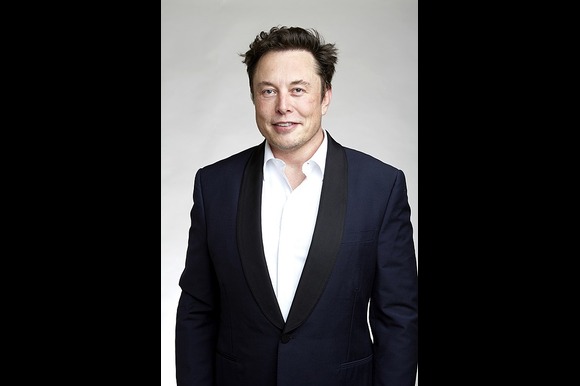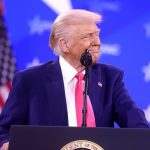On Saturday, a judge in Wisconsin ruled against halting billionaire Elon Musk from distributing $1 million checks to two voters during a scheduled rally just days before a highly competitive Supreme Court election.
The state attorney general, who contends that this action breaches legal statutes, promptly filed an appeal following the judge’s decision to deny an emergency injunction aimed at preventing the payments.
This ruling adds another layer to Musk’s significant involvement in the election, which has already set a record for expenditures in a judicial contest and has emerged as a critical indicator for the early months of Donald Trump’s presidency. Both Trump and Musk are supporting Waukesha County Judge Brad Schimel, while Democrats are rallying behind Dane County Judge Susan Crawford.
Musk is set to hold a rally on Sunday, where he plans to award $1 million each to two Wisconsin voters who sign an online petition opposing activist judges. Additionally, he is offering $100 to anyone who signs the petition; he had previously donated $1 million to a man in Green Bay who participated.
Musk and the organizations he finances have invested over $20 million into this election, while prominent Democratic donors, including George Soros, are backing Crawford. The outcome of this election will influence the ideological balance of the court, which currently has a 4-3 liberal majority, but a recent retirement has made that majority vulnerable. The election will conclude on Tuesday.
Wisconsin Attorney General Josh Kaul, a member of the Democratic Party, filed a lawsuit on Friday aimed at halting payments from Musk’s America PAC. He contends that these payments breach a state law that prohibits offering anything of value to voters in exchange for their votes, classifying such actions as a felony. Following a rejection from Columbia County Circuit Judge Andrew Voigt, Kaul announced his intention to appeal to the state Court of Appeals.
Musk’s political action committee previously employed a similar strategy prior to last year’s presidential election, proposing to pay $1 million daily to voters in Wisconsin and six other key states who endorsed a petition supporting the First and Second Amendments. A judge in Pennsylvania ruled that prosecutors did not sufficiently demonstrate that this initiative constituted an illegal lottery, thereby permitting it to proceed until Election Day.
The upcoming Wisconsin Supreme Court race is significant, as the court is anticipated to make decisions on critical issues such as abortion rights, congressional redistricting, union influence, and voting regulations, all of which could have implications for the 2026 midterm elections and the 2028 presidential election.
Wisconsin Attorney General Josh Kaul, a member of the Democratic Party, filed a lawsuit on Friday aimed at halting payments from Musk’s America PAC, contending that these payments contravene a state law that prohibits offering anything of value to voters in exchange for their votes. Following a rejection from Columbia County Circuit Judge Andrew Voigt, Kaul announced his intention to appeal to the state Court of Appeals.
Musk’s political action committee previously employed a similar strategy prior to last year’s presidential election, proposing to pay $1 million daily to voters in Wisconsin and six other key states who signed a petition endorsing the First and Second Amendments. A judge in Pennsylvania ruled that prosecutors did not sufficiently demonstrate that this initiative constituted an illegal lottery, thereby permitting it to proceed until Election Day.
The upcoming Wisconsin Supreme Court race is significant, as the court is anticipated to make decisions regarding abortion rights, congressional redistricting, union influence, and voting regulations, all of which could have implications for the 2026 midterm elections and the 2028 presidential election.
Initially, Musk indicated in a post on his social media platform, X, that he intended to personally distribute $2 million to two voters who had already participated in the election. Kaul requested that the court compel Musk to cease promoting the Sunday giveaway and refrain from making any further payments to voters in Wisconsin.
Despite the deletion of Musk’s original post, Kaul asserted in the lawsuit that there has been no confirmation that the payments will be canceled.






